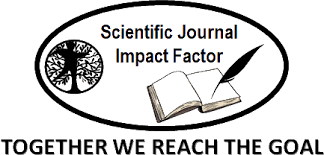Fishermen-Household‘s Accessibilities to Solving Problems of Their Poverty :A Case Study in the East Java Coastal Villages
Abstract
The objectives of the research are (1) to identify a change for bio-physic livelihoods. to solving their poverty and to disempowering home marine social economy, (2) to analyse factors influencing the strategy of resource usage and ï¬shermen empowerment and (3) to analyse accessibilities of poor home ï¬shermen in solving their needs.
The research used a survey method and a poverty rapid appraisal (PRA). Primary data are collected from home ï¬sherman respondents using Participatory Poverty Assessment {PPA) and Sustainable Livelihoods Approaches (SLA). Data was analysed using descriptive and inferential statistics with an analysis model of Ordinary Least Squares (OLS) and Two Stage Least Squares (ZSLS), and Structural Equation Modeling (SEM).
The results of the ï¬rst-year research are as follows: (1) exploitation pressures on coastal marine resources are very intensive and exceed maxirnum sustainable yield (MSY) (over exploited). (2) Fishing operations of the ï¬shemien are far away ï¬shing locations, quantity and ï¬sh-size are smaller. Some poor ï¬sliermen solved their problems by using size~renovation of their ships and adjusting catching ï¬sh technology, ï¬shing ground. post-harvest activities.Downloads
How to Cite
Issue
Section
License
The copyright of the received article shall be assigned to the journal as the publisher of the journal. The intended copyright includes the right to publish the article in various forms (including reprints). The journal maintains the publishing rights to the published articles.












